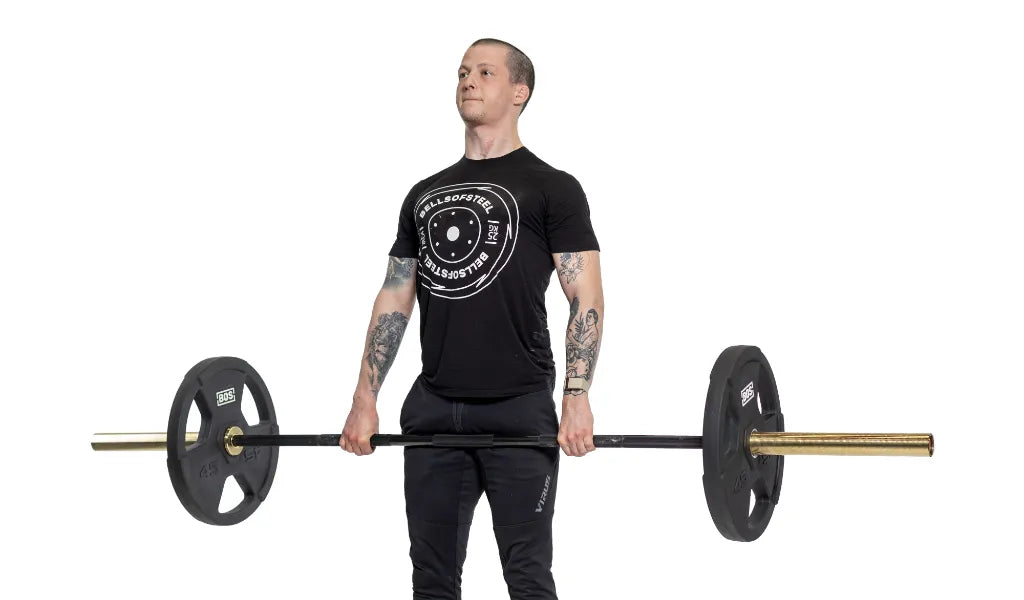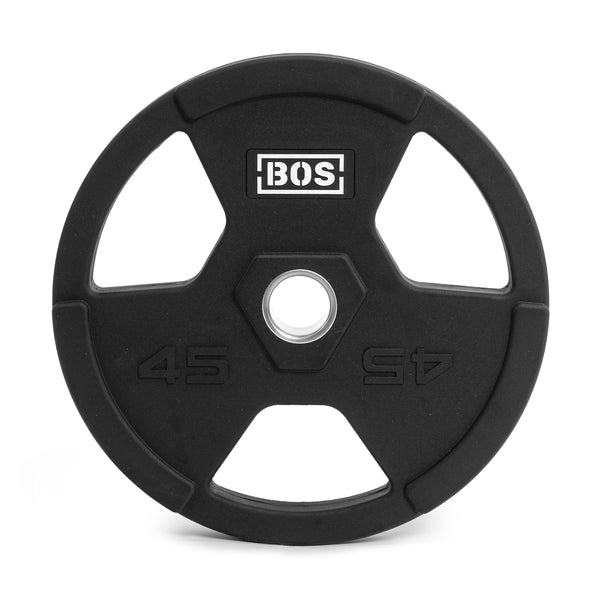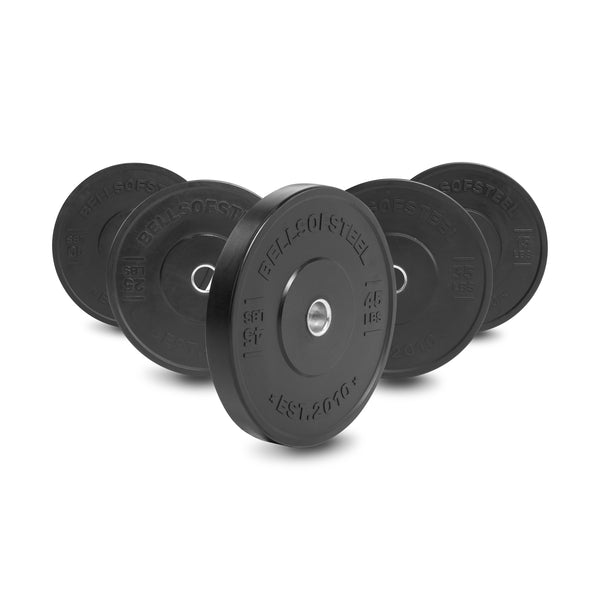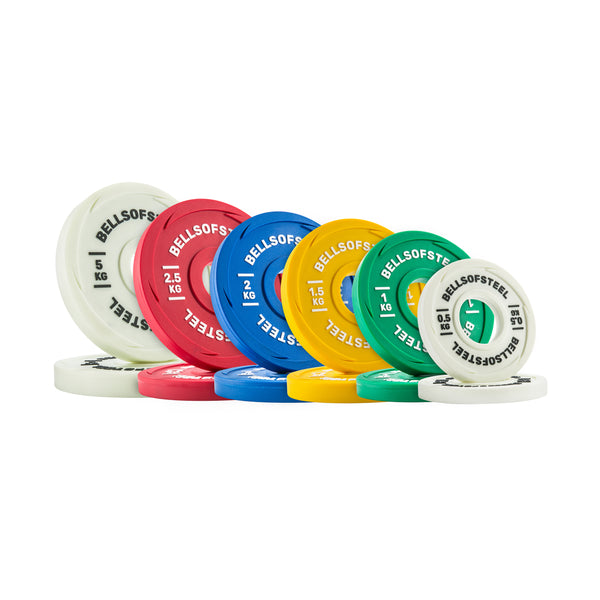Ah, the satisfying clang of weights hitting the floor—music to a lifter’s ears! But wait, before you drop those rubber-coated weight plates, let’s dive into whether they’re built for that kind of action.
Spoiler alert: occasionally dropping them won’t end in disaster, but let’s unpack why you might want to treat them with a bit more TLC.
What’s the Deal with Rubber Coated Weight Plates?
Rubber Coated Iron Plates: The Basics
Rubber coated iron plates are the gym equivalent of wrapping your precious china in bubble wrap. They’re iron plates, covered in a layer of rubber, designed to:
- Reduce Noise: Ever heard a plate crash? It’s louder than your neighbor’s kid’s drum practice. Rubber coating helps muffle that noise.
- Protect Floors: Dropping raw iron plates can wreak havoc on your home gym floor. Rubber coating provides a cushion.
- Durability: The rubber layer helps protect the plates themselves from chipping and damage.
Rubber coated iron plates are ideal for powerlifters and general lifters who aren’t dropping weights from overhead, but need a little less banging and clanging while lifting.
Bumper Plates: Built for Impact
Now, let’s talk bumper plates. These bad boys are designed specifically for dropping. Made entirely of rubber, they can handle the impact of being dropped from overhead during Olympic lifts. Here’s why they’re different:
- Full Rubber Construction: Unlike rubber coated iron plates, bumper plates are made entirely of rubber.
- Shock Absorption: They’re built to absorb the impact, protecting both the plates and your floor.
- Noise Reduction: Bumper plates also help keep noise levels down, making them a win-win for home gyms.
Bumper plates are a must if you’re adding cleans, jerks, and snatches to your workout plan.
Can You Drop Rubber Coated Weight Plates?
Alright, here’s the million-dollar question: can you drop them? The short answer is yes, but it’s not ideal for a few reasons.
Occasional Drops: No Biggie
If you accidentally drop a rubber coated plate every now and then, don’t sweat it. They’re designed to handle some abuse. However, making a habit of it could lead to:
- Damage to the Rubber Coating: Frequent drops can cause the rubber to crack or peel.
- Potential Floor Damage: Even with rubber coating, repeated drops can still dent or damage your flooring.
- Noise Levels: While rubber reduces noise, it doesn’t eliminate it entirely. Multiple drops can still be loud.
In summary, can you? Yes. Should you? Not really.
Protect Your Investment: Tips and Tricks
To keep your plates in top shape, consider these tips:
- Deadlift Pads: Invest in deadlift pads to cushion the impact. They’ll save your plates and your floor.
- Minimize Dropping: Practice controlled lowering whenever possible. Your plates and neighbors will thank you.
- Invest in Bumper Plates: If you’re doing heavy Olympic lifts and expect to drop your weights regularly, bumper plates are the way to go.
The better care you take with your home gym equipment, the longer it will last. And while we pride ourselves on good value and prices, it’s a reciprocal relationship.
FAQs About Dropping Weight Plates
Q: Why Should I Invest in Bumper Plates?
A: If your workouts involve frequent drops (like Olympic lifting), bumper plates are designed to handle that impact. They protect your floors and last longer under such conditions.
Q: Are Rubber Coated Plates Good for Home Gyms?
A: Absolutely! They’re quieter, protect your floors, and are durable. Just avoid frequent dropping to extend their lifespan.
Q: Can I Use Deadlift Pads with Rubber Coated Plates?
A: Yes, and you should! Deadlift pads provide an extra layer of protection, absorbing impact and reducing noise.
Conclusion: Handle with Care
So, can you drop rubber coated weight plates? Occasionally, sure. But to protect your investment and your home gym floor, it’s best to minimize dropping and consider some extra cushioning with deadlift pads. And if you’re into heavy lifting with regular drops, bumper plates are the MVP you need.
Happy lifting, and remember—every drop counts!



